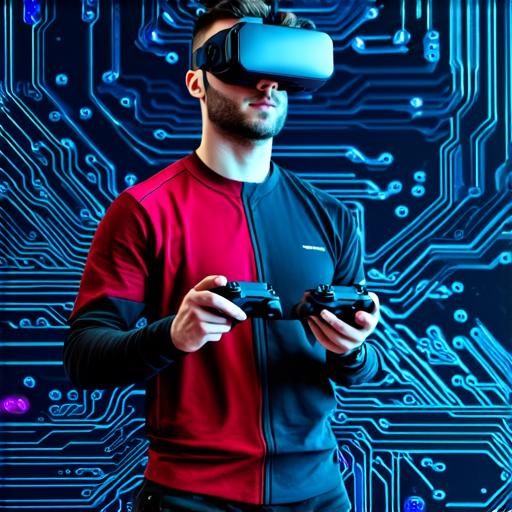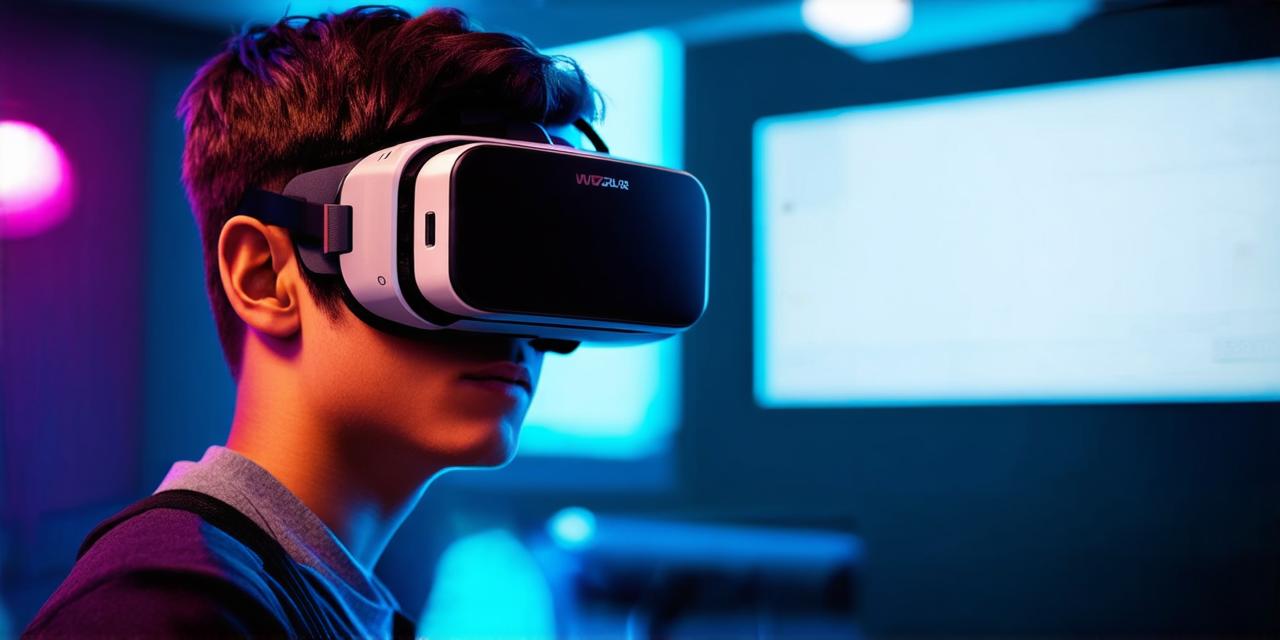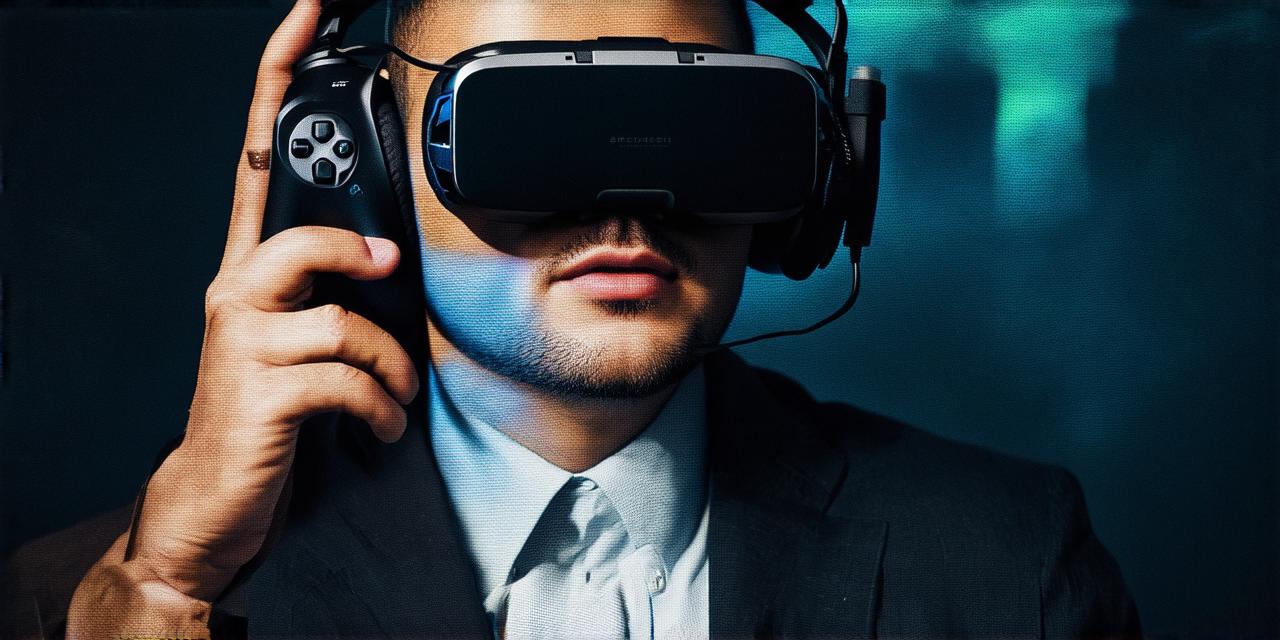
What age group uses virtual reality?
Virtual reality (VR) technology has been advancing rapidly over the past decade, with applications ranging from gaming to education, healthcare, and even tourism. However, one of the most common questions people have about VR is: “What age group uses virtual reality?” In this article, we’ll explore who uses VR and why.
Table of Contents
ToggleChildren and Teenagers
One of the groups that use VR the most are children and teenagers. They are particularly attracted to immersive gaming experiences that allow them to engage in exciting and interactive adventures. VR games can also help children develop their cognitive and motor skills, as well as improve hand-eye coordination and spatial awareness.
Young Adults
Young adults are another group that use VR for various reasons. Some enjoy the immersive gaming experiences offered by VR, while others use it for work purposes such as design and architecture. Additionally, some young adults also use VR for therapy or rehabilitation purposes, particularly for conditions such as anxiety or PTSD.
Adults
While VR technology has its roots in gaming, it is not just for children and teenagers. Many adults use VR for work purposes such as training and simulation exercises, especially in industries like aviation, healthcare, and manufacturing. Additionally, some older adults also use VR to improve their mobility and balance, particularly those with conditions such as Parkinson’s disease or stroke.

Seniors
Finally, seniors are another group that use VR technology. Some seniors enjoy using VR for relaxation and stress relief, while others use it for physical therapy and rehabilitation purposes. Additionally, some seniors also use VR to explore new places and experiences that they may not have been able to do so easily in real life due to age or physical limitations.
In conclusion, virtual reality technology is used by people of all ages, depending on their interests and needs. Whether it’s for gaming, work, therapy, or relaxation, VR has become a popular way for people to engage with new experiences and technologies.

